Lab Head – Prof Kat Holt (PhD)
ORCID • Google Scholar • Publons • PubMed • Twitter • GitHub
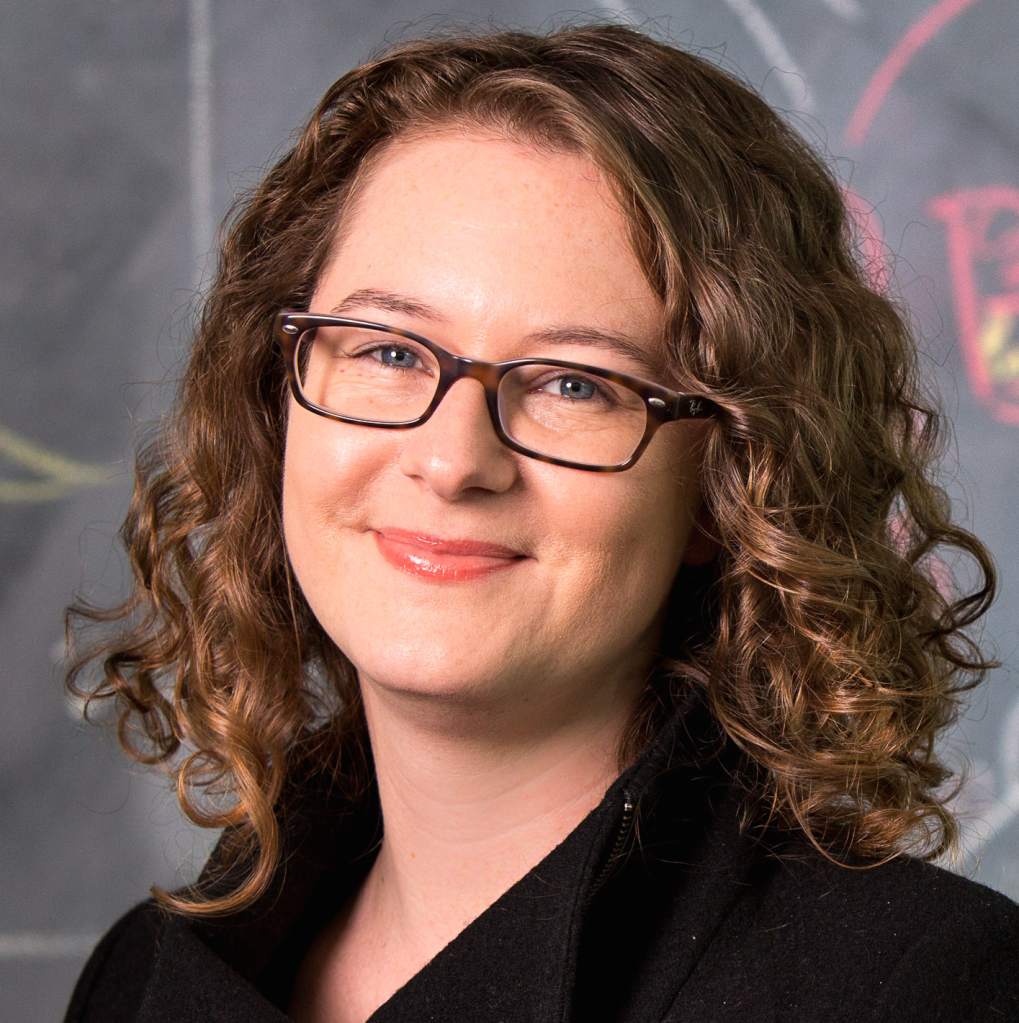
Kat is a computational biologist specialising in infectious disease genomics. She is Professor of Microbial Systems Genomics at the London School of Hygiene and Tropical Medicine (LSHTM) Department of Infection Biology, and Co-Director of the LSHTM AMR Centre. She is also an Adjunct Professor (Research) at Monash University’s Department of Infectious Diseases in Melbourne, Australia; a HHMI-Gates International Research Scholar; and former Editor-in-Chief of the UK Microbiology Society journal Microbial Genomics.
Kat has a BA/BSc from the University of Western Australia majoring in Biochemistry, Applied Statistics and Philosophy, with Honours in Genetics (2004); a PhD in Molecular Biology from the University of Cambridge and the Wellcome Trust Sanger Institute on the genomics of typhoid fever, supervised by Gordon Dougan, Julian Parkhill and Duncan Maskell (2009); and a Masters in Epidemiology from the University of Melbourne (2011). She has held Early Career (2010-2013) and Career Development (2014-2017) Fellowships from the NHMRC of Australia, and a Senior Medical Research Fellowship from the Viertel Foundation of Australia (2018-2021).
Kat has been awarded the Australian Academy of Science’s Gottschalk Medal for Medical Research (2017), a Georgina Sweet Award for Women in Quantitative Biomedical Science (2016), L’Oréal-UNESCO Rising Talents Fellowship (2015), the NHMRC Research Excellence Award for the Top-Ranked Career Development Fellow (2014) and L’Oréal For Women In Science Australia & NZ Fellowship (2013). Since 2020 Kat has been named a Web of Science Highly Cited Researcher. A list of publications can be found via Google Scholar.
London School based team
Assistant Professor Zoe Dyson (PhD)

Zoe is a former Marie Curie research fellow based at LSHTM in London, focussing on genomic surveillance of the bacteria that cause typhoid fever (Salmonella Typhi). She uses genomic sequence analyses to understand how these bacteria spread within and between geographies and how they evolve drug resistance, and is a coordinator of the Global Typhoid Genomics Consortium. Find Zoe on Google Scholar and twitter @msmicrobiocode.
Dr Ebenezer Foster-Nyarko (PhD)
Ebenn is a clinical microbiologist with a PhD in E. coli genomics. He joined the lab in 2021 to work on the KlebNET Genomic Surveillance Platform, aiming to improve antimicrobial resistance and virulence prediction for Klebsiella pneumoniae to support global genomic surveillance. Find Ebenn on LinkedIn, Google Scholar and twitter @EFosterNyarko.

Dr Kara Tsang (PhD)

Kara is a computational biologist who joined the lab in 2021. She is leading the antimicrobial resistance prediction component of the KlebNET Genomic Surveillance Platform project. Find Kara on Google Scholar and twitter @KaraKTsang.
Dr Annapaula Correia (PhD)
Anna is working on the KLEB-GAP project with colleagues in Norway and Queen’s University Belfast, applying machine learning and genome-wide association analysis techniques to explore the genetic basis for clinically important features of Klebsiella pneumoniae, including virulence and antimicrobial resistance.
Dr Shaun Keegan (PhD)
Shaun is applying his expertise in modelling and statistics to study K and O antigen distribution in Klebsiella pneumoniae, to inform development of polysaccharide-based vaccines against neonatal sepsis. Find Shaun on twitter @DrShaunKeegan.
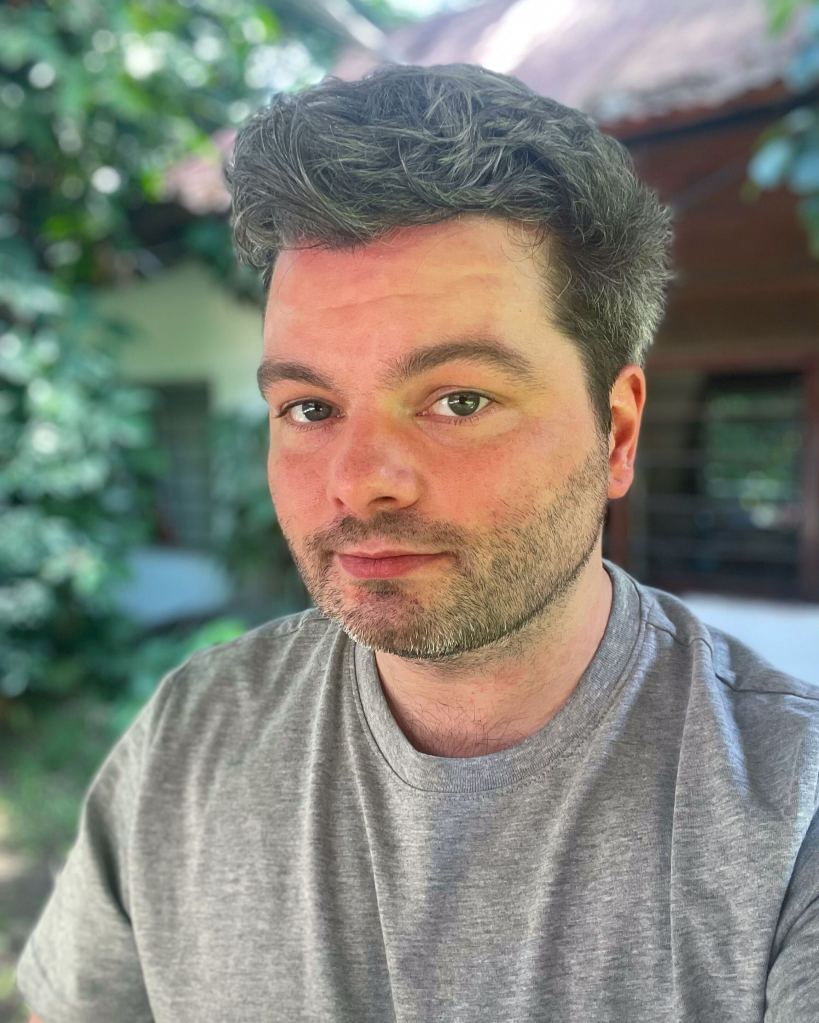
Erkison Odih

Erkison is a microbial genomics and bioinformatics expert, investigating the dynamics of K and O locus turnover in Klebsiella pneumoniae to inform vaccine development efforts. He is also working on cluster identification and estimating the burden of neonatal sepsis that is associated with nosocomial transmission. Find Erkison on twitter @bioinfo_erkison.
Dr Charlene Rodrigues (DPhil)
Charlene is a paediatric infectious diseases clinician with a PhD in meningococcal genomics. She is currently working on the KlebNET Genomic Surveillance Platform project, where she will contribute to the devlopment of global genomic surveillance for Klebsiella pneumoniae, including applying her expertise in reporting of genomic results for a clinical and public health audience. Find Charlene on twitter @cmc_rodrigues and Google Scholar.

Megan Carey (PhD)
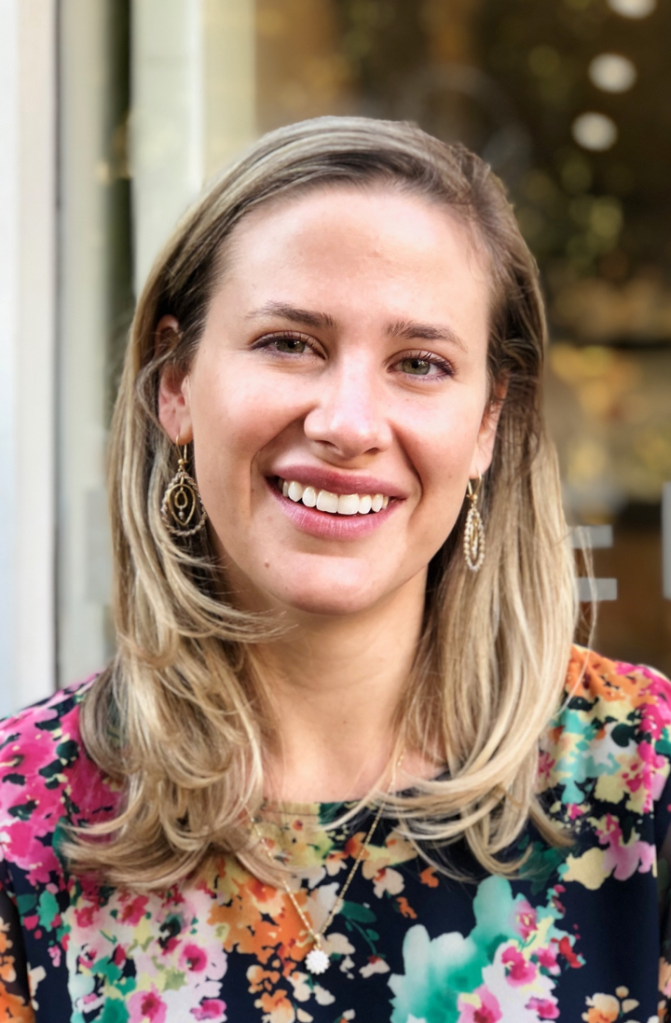
Megan is an expert in public health interventions for typhoid fever and recently graduated from the University of Cambridge. She works with us as Policy Fellow on the AMRnet project, and is a coordinator of the Global Typhoid Genomics Consortium. Find Megan on twitter @meganecarey, Google Scholar and ORCID.
Dr Louise Cerdeira (PhD)
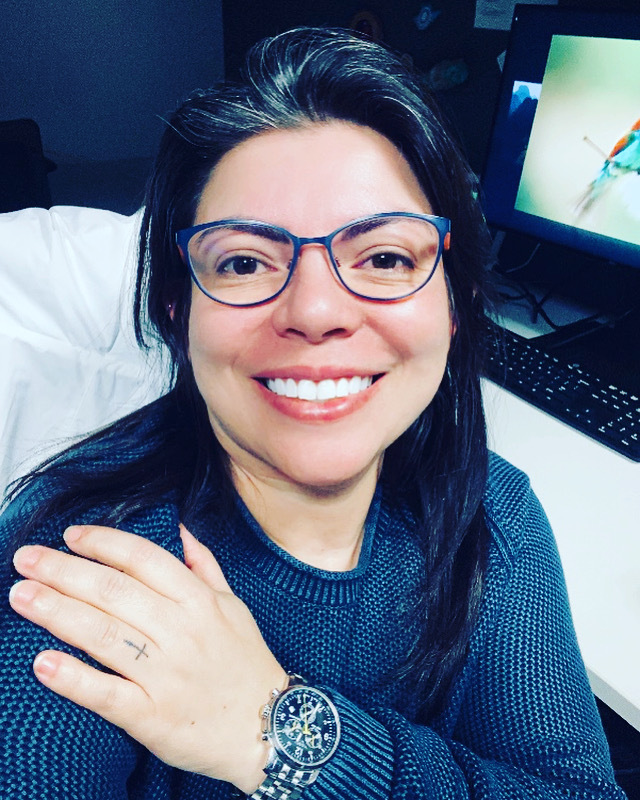
Louise is a computational biologist and software engineer. She focuses on developing tools and genomic data analysis using the One Health approach to support global genomic surveillance. She has a PhD in Sciences focusing on microbial genomics, an MSc in Genetics and Molecular Biology, and a BSc in Computer Science. She first joined the lab in 2020 to work on the TyphiNET dashboard, and returned in 2023 to develop the the AMRnet Platform System Architecture. Find Louise on Google Scholar, LinkedIn and GitHub.
Anton Spadar (PhD)
Anton is a computational biologist. He joined the lab in 2023, and his current work focuses on design of amplicons for environmental surveillance of Salmonella Typhi. His PhD investigated epidemiology, AMR and virulence genes of K. pneumoniae. In addition, he has worked on host-pathogen genomics of flaviviruses transmitted by Aedes mosquitoes. Find Anton on Linkedin and Google Scholar.
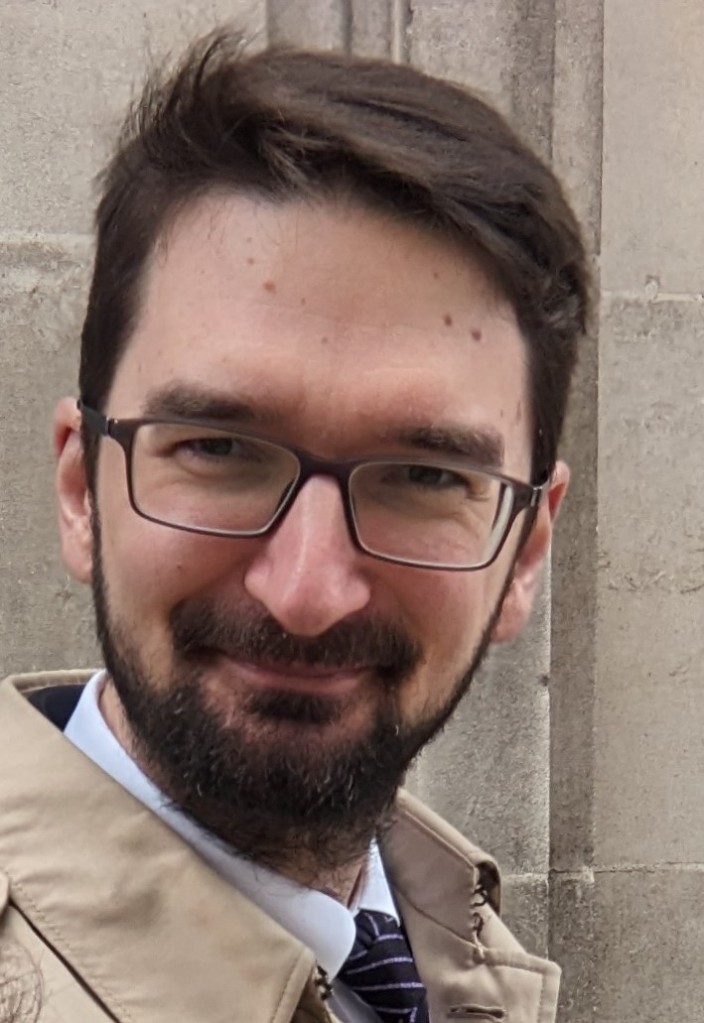
Mary Maranga

Mary is a bioinformatician specialising in microbial genomics. She is working on the AMRnet project, where she will be contributing to the development of open-access software to support the use of pathogen genomic data for AMR surveillance. Find Mary on twitter @gathoni_maranga.
Vandana Sharma
Vandana is a software developer with a BTech and Masters in Computer Games. She is working in the lab as a research software engineer on the AMRnet dashboard.
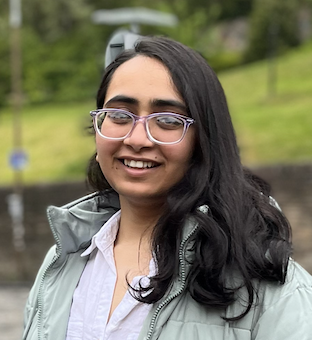
Sydney Miles
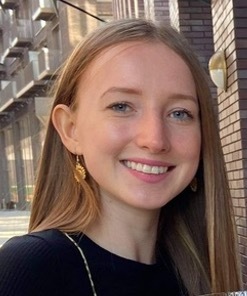
Sydney is undertaking a PhD with Kat and Serge Mostowy at LSHTM, under the London Interdisciplinary Doctoral (LIDo) Training Programme. She is combining comparative genomics and in vivo infection modelling to investigate the evolution of pathogenicity and epidemiological success of Shigella sonnei lineages.
Hassan Al-Mana
Hassan is a PhD student whose project focuses on using genomic approaches to understand the genetic basis for uropathogenicity of Klebsiella pneumoniae (i.e. how the bacterium causes urinary tract infections). He is co-supervised by Nick Furnham at LSHTM and Kelly Wyres at Monash University. Find Hassan on Google Scholar.
Dana Itani
Dana is a PhD student with a background in antimicrobial resistance (AMR), who is working on evaluating the benefits of including whole genome sequencing in national AMR surveillance programs. She is working closely with the National Reference Lab of AMR in Tunisia, in collaboration with the Quadram Institute.
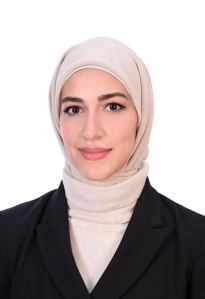
Max Wallat
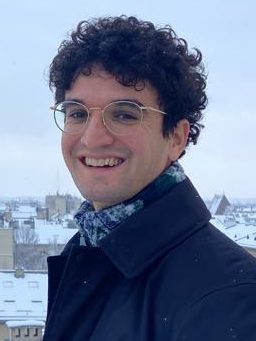
Max is a PhD student in the MRC-LID program, combining experimental work (with Jodi Lindsay at St George’s), genomics (with us) and modelling (with Gwen Knight at LSHTM) to investigate phage-mediated evolution of AMR in Staph aureus. Find Max on twitter @MaxWallat and ORCID.
Team members based elsewhere
Kat retains an Adjunct Professorship at Monash University in Melbourne and continues to work closely with former group members Dr Kelly Wyres, Dr Margaret Lam (who are members of the KlebNet project team) and Dr Jane Hawkey. Kat is also external supervisor to staff and students based outside LSHTM, who join the LSHTM team for regular group meetings and share code, data and resources – they are listed below.
Hugh Cottingham – Monash University
Hugh did Honours in the Monash lab in 2020, exploring the potential for using CRISPR-Cas9 coupled with nanopore sequencing for detection and typing of drug resistant Klebsiella. He commenced a PhD project in 2021, working with Kat, Jane, Nenad Macesic and Anton Peleg on nanopore sequencing-based approaches for clinical microbiology in the hospital setting.
Helena Cooper – Monash University
Helena commenced a PhD program in 2021 with Kelly and Kat, working on metabolic modelling of Klebsiella pneumoniae.
Marit Hetland – Stavanger University Hospital & University of Bergen
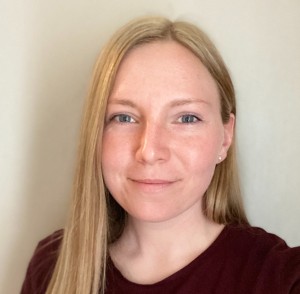
Marit has been collaborating with the Monash team on Klebsiella genomics since 2018, and is now undertaking a PhD at the University of Bergen in Norway, utilising isolates and data from the KLEB-GAP project to investigate genomic determinants of Klebsiella pneumoniae infection and transmission. Her primary supervisors are Iren Löhr and Bjørn Tore Lunestad; Ørjan Samuelsen (UiT) and Kat are co-supervisors.
Former lab group members
- Dr Kelly Wyres (Postdoc, Unimelb & Monash) – K. pneumoniae genomics and capsule variation
- Dr Jane Hawkey (PhD & Postdoc, Unimelb & Monash) – Microbial genomics
- Dr Margaret Lam (Postdoc, Unimelb & Monash) – K. pneumoniae virulence genetics
- Dr Ryan Wick (MSc Bioinformatics, RA, PhD & Postdoc, Unimelb & Monash) – Genome assembly
- Dr Mark Schultz (Postdoc, Unimelb) – A. baumannii phylogenomics and metagenomics
- Dr Sebastian Duchene (Postdoc, Unimelb) – Phylodynamics
- Dr Paul McAdam (Postdoc, Unimelb) – TB phylogenomics
- Dr Shu Mei Teo (Postdoc, Unimelb) – Human microbiome and asthma development (Inouye lab, Baker Institute)
- Dr Leonardos Mageiros (Postdoc, Monash) – Human microbiome signatures of typhoid fever susceptibility, disease and carriage
- Dr Tom Stanton (Postdoc, LSHTM) – Klebsiella K/O antigen sero-epi and Kaptive development
- Louise Judd (Research Lab Manager, Unimelb & Monash)
- Taylor Harshegyi (Research Assistant, Monash) – Wet lab molecular and microbiology
- Claire Gorrie (PhD, Unimelb) – K. pneumoniae genomic epidemiology
- Danielle Ingle (PhD, Unimelb) – E. coli genomics
- Stephen Watts (PhD, Unimelb) – Respiratory pathogens and microbiome in children
- Yu Wan (PhD, Unimelb) – Detection of AMR gene transfer
- Jake Barber (PhD, Monash) – Experimental evolution (McDonald lab, Monash University)
- Heyu Lin (PhD, Unimelb) – Mercury methylation (Moreau lab, University of Melbourne Earth Sciences)
- Macgregor Todd (MSc Bioinformatics, Unimelb)
- Marialena Michanetzi (MSc Bioinformatics, Unimelb)
- Cassandra Litchfield (MSc Bioinformatics, Unimelb)
- Damien Zammit (MSc Bioinformatics, Unimelb) – Recombination analysis
- Roni Froumine (MSc Bioinformatics, Unimelb) – CRISPR/Cas9 loci in K. pneumoniae
- Alex Tokolyi (Honours, Unimelb) – Plasmid genomics
- Harriet Dashnow (VLSCI intern, Unimelb) – SRST2 early development
- Partha Sarathi Gope (MPhil, Unimelb) – Plasmid bioinformatics
- Carl Britto (Visiting PhD student from Oxford University, Unimelb) – Enteric fever
- Gittan Blezer (MSc internship project from University of Utrecht, Unimelb) – K. pneumoniae core genome
- Leo Featherstone (Honours, Monash) – Cluster detection from phylogenies
- Kalani Paranagama (Honours & 3rd-year Biochemistry research project, Monash 2019) – Shigella sonnei genotyping framework
- Morgan Cerqueira Alves (3rd-year Biochemistry research project, Unimelb) – ESBL in K. pneumoniae
- Wassif Kabir (3rd-year Biochemistry research project, Unimelb) – Salmonella Kentucky phylogenomics
- Muhammad Fadli Bin Ismail (3rd-year Biochemistry research project, Unimelb) – K. oxytoca comparative genomics
- Ojonugwa Abubakar (MSc project & RA, LSHTM)
- Iana Amke (MSc project & RA, LSHTM)
- Dr Guillaume Meric (honorary Postdoc, Unimelb & Monash) – Pathogen and microbiome genomics (based in Inouye lab, Baker Institute)
- David Edwards (MSc Bioinformatics & RA & PhD, Unimelb & Monash). David tragically passed away October 2020. He was a wonderful and generous colleague who will be sorely missed by the other members of the lab. He joined the lab in 2010 as a Masters project student, wherein he developed RedDog for bacterial nucleotide variant and gene content analysis, and helped to write the Beginner’s Guide to Comparative Bacterial Genomics. David stayed on in the lab as a research assistant for several years before enrolling as a PhD student, investigating approaches for detecting different types of natural selection in pathogen populations, and developing SNPPar. His PhD thesis was awarded posthumously in 2022.